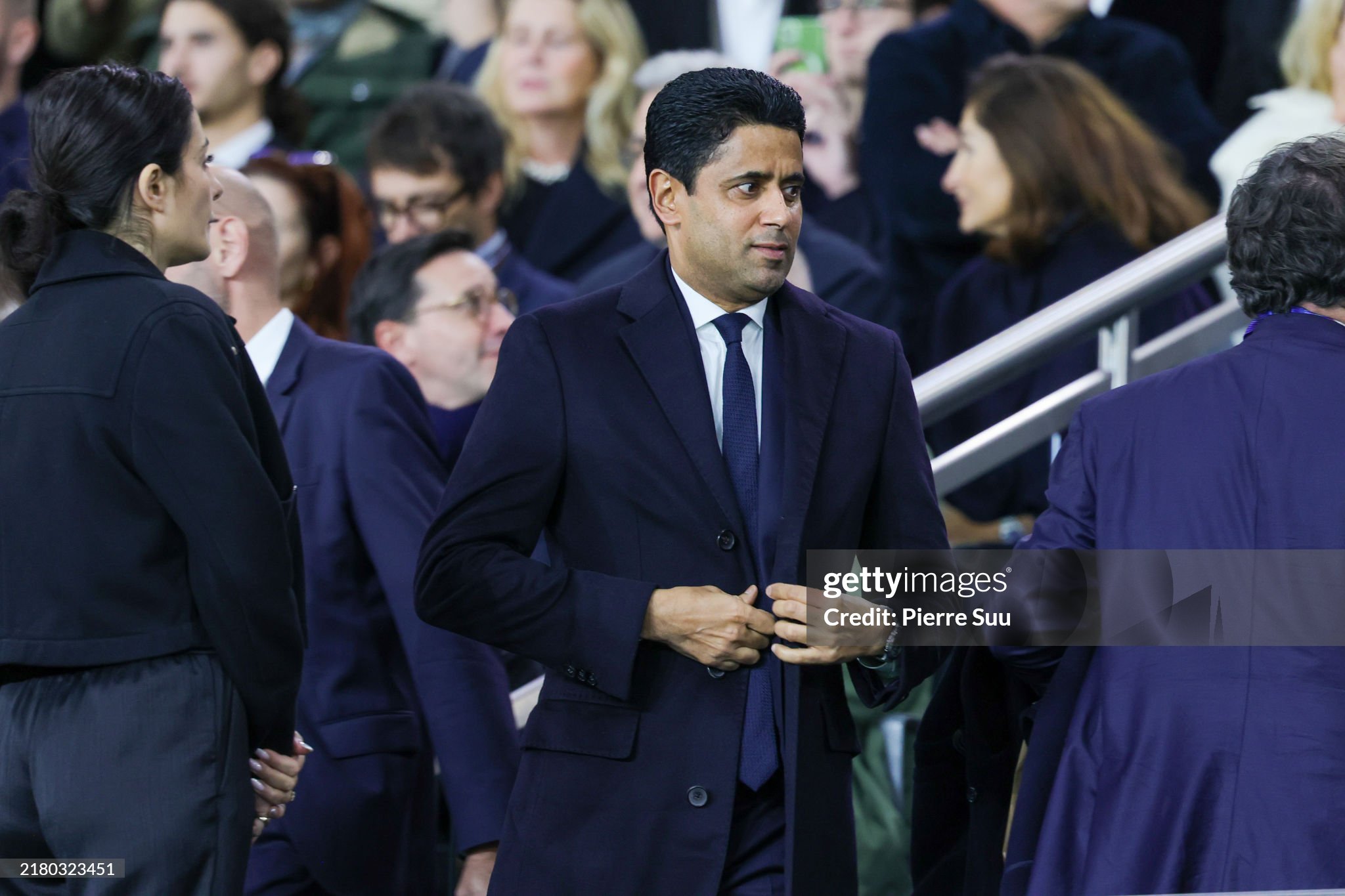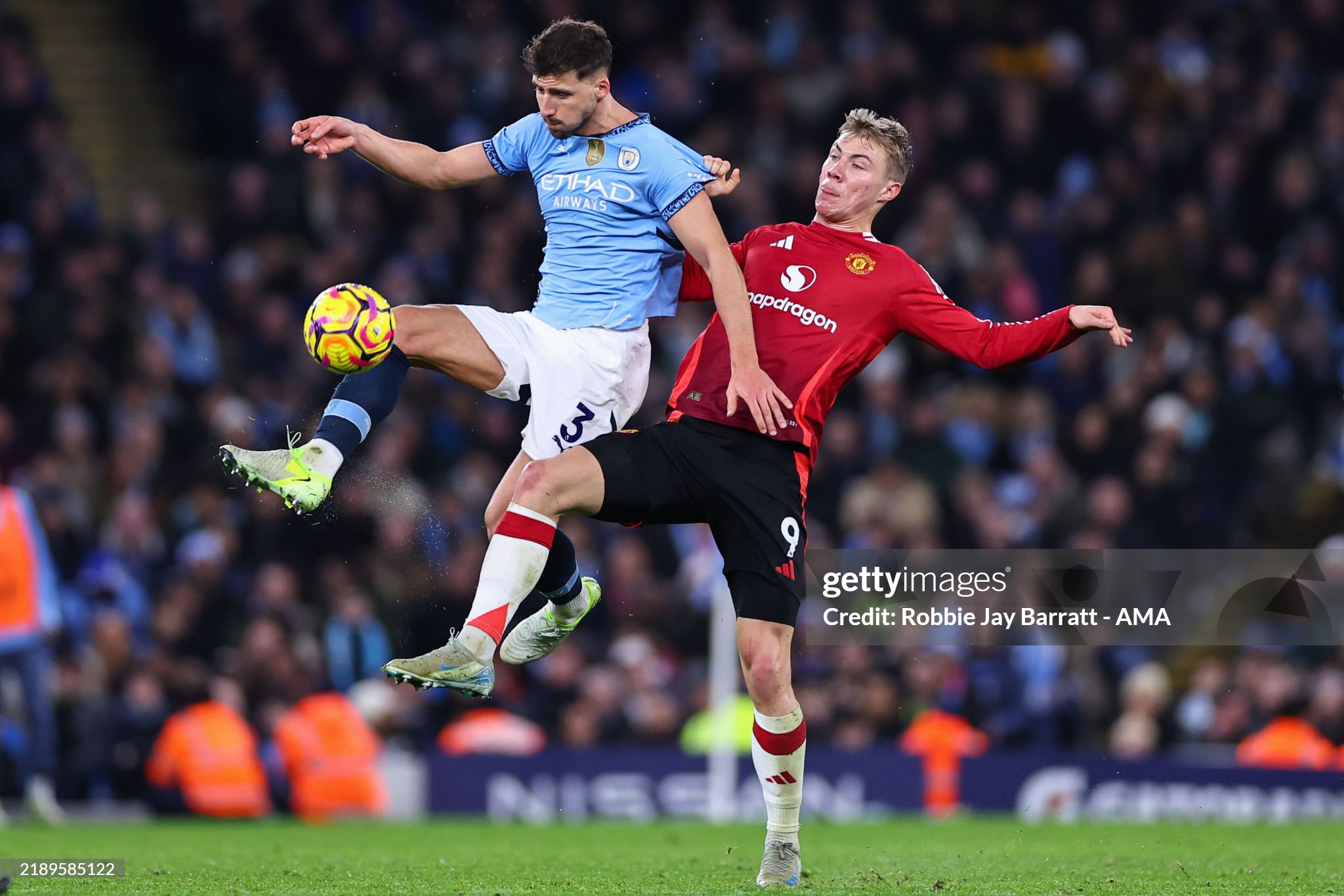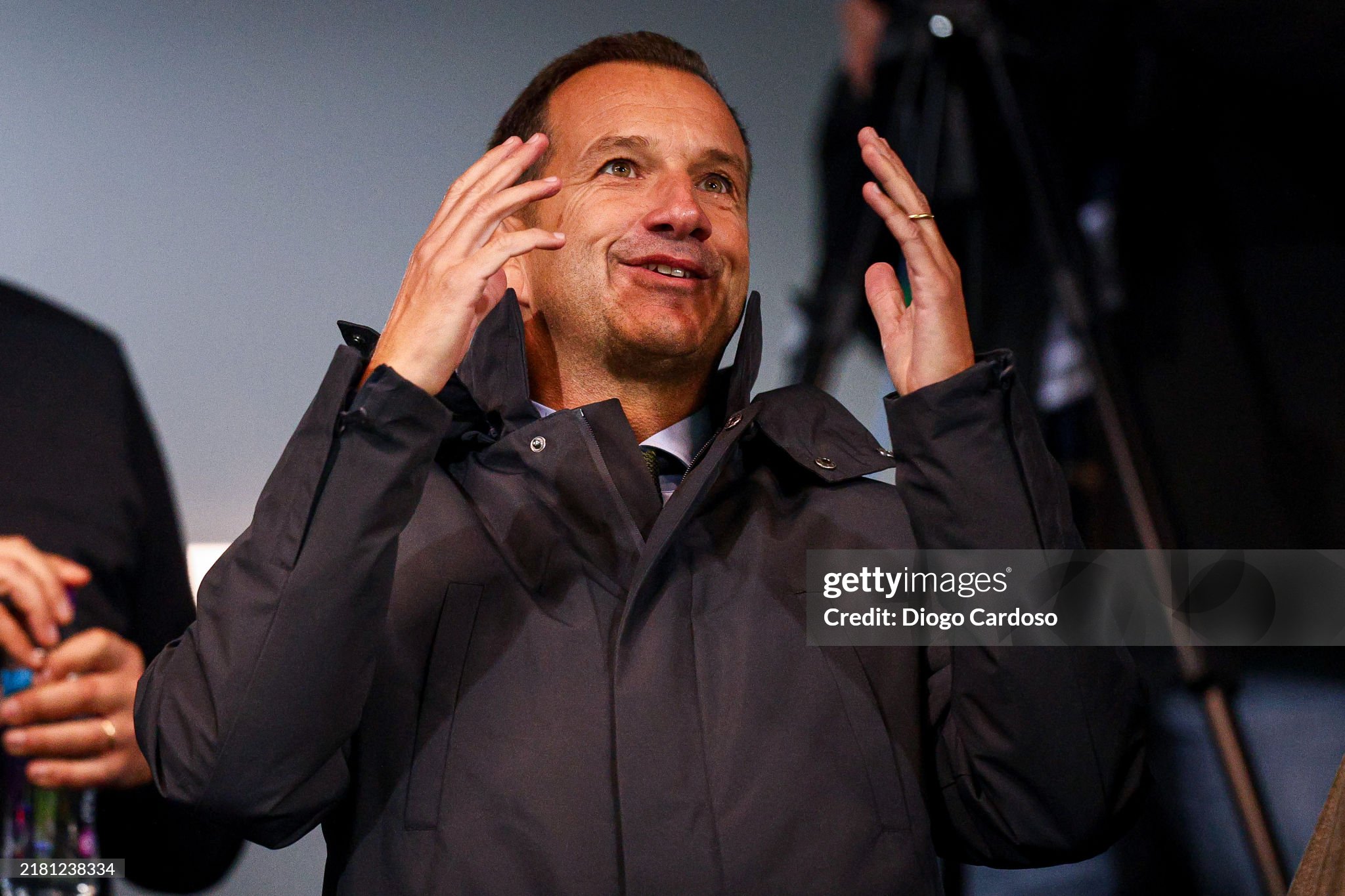Manchester City suffered a significant defeat on Friday. During a meeting, a majority of the Premier League clubs voted in favor of adjusting regulations regarding transactions with club partners, known as Associated Party Transactions.
 Embed from Getty Images
Embed from Getty Images
The Premier League's decision to amend its regulations around Associated Party Transactions (APT) has caused ripples across the footballing world, with Manchester City emerging as one of the most vocal critics of the changes.
These adjustments, approved by sixteen of the twenty Premier League clubs, were put forward in response to significant criticism from an arbitration panel last month. The primary focus of the changes is to tighten oversight on financial dealings between clubs and their owner-affiliated companies, aiming to ensure that such transactions align with market norms and do not distort competition.
Previously, loans from owners sometimes offered at low or even zero interest rates could be funneled into clubs without requiring approval. This loophole allowed clubs to strengthen their financial positions with minimal scrutiny, raising concerns about fairness in the league. Under the new rules, such transactions will face more rigorous checks, requiring explicit approval to ensure transparency and compliance with fair market practices. Moreover, the Premier League will now be required to provide clearer justifications for its decisions on whether sponsorship deals with owner-linked entities meet market standards.
The introduction of the APT rules in 2021 followed Newcastle United’s acquisition by Saudi Arabian investors, a move that spotlighted the potential for clubs to rely heavily on owner-driven finances. The regulations aim to create a level playing field, ensuring that no team gains an undue advantage through inflated sponsorship deals or unregulated financial injections. Despite these intentions, the rules have not been without controversy, particularly among clubs with significant financial backing from affluent owners.
Manchester City has been at the center of this storm. Last month, the club filed a legal complaint against the APT rules, claiming that they were overly restrictive and hindered clubs’ financial autonomy. The arbitration panel sided with City to some extent, labeling certain aspects of the rules as inadequate. City viewed this outcome as a legal victory and pushed for the complete abolition of the APT framework. However, the Premier League swiftly countered by proposing stronger regulations, which have now been ratified by the majority of the clubs.
In Friday's vote, sixteen clubs supported the amendments, with only Manchester City, Aston Villa, Newcastle United, and Nottingham Forest opposing them. City’s stance against the changes reflects its concerns over the potential impact on its financial operations. Ironically, it was City that initially highlighted the loophole allowing favorable shareholder loans to bypass the existing regulations. Nevertheless, the club now argues that the revised rules impose excessive limitations on how Premier League clubs manage their finances.
City's financial practices have long been under scrutiny, with allegations that the club inflates its revenue through sponsorship deals with companies linked to its owners from the United Arab Emirates. Such accusations were underscored recently when the Premier League blocked two of City’s sponsorship deals, one with Etihad Airways and another with the First Abu Dhabi Bank. Both deals were deemed to fall short of market standards, raising further questions about the club's financial operations. Under the old rules, clubs were not privy to how the Premier League assessed the market value of such deals, adding to the frustration among clubs and stakeholders.
For City, the declaration that aspects of the original APT rules were unlawful was a moment of triumph. The club, already embroiled in a separate high-profile legal battle with the Premier League over financial misconduct allegations, saw this as an opportunity to dismantle what it viewed as an unfair regulatory framework. However, instead of abolishing the rules, the arbitration case led to their reinforcement.
The strengthened APT rules now require the Premier League to be more transparent in its evaluations, but they also introduce stricter measures to curb financial irregularities. For City, this represents a significant blow, undermining its efforts to operate with greater financial freedom. In an attempt to rally support, the club sent a letter to the other nineteen Premier League clubs, urging them to reject the proposed changes. However, the appeal fell on deaf ears, with sixteen clubs voting in favor of the amendments.
This development is particularly significant as it underscores the growing divide within the Premier League over financial governance. Clubs like City, Newcastle, and Aston Villa, which benefit from wealthy ownership groups, have a vested interest in maintaining financial flexibility. On the other hand, smaller clubs and those with more traditional ownership models see tighter regulations as essential to preserving competitive balance in the league.
For Manchester City, this is yet another chapter in its ongoing battle with the Premier League. The club remains under intense scrutiny following a separate investigation that resulted in over 100 charges of financial misconduct. While the outcome of that case is yet to be determined, the approval of the APT adjustments signals a shift toward stricter financial oversight in the league, potentially reshaping the financial landscape of English football for years to come.
Meta description: Manchester City faces a major setback as Premier League clubs approve stricter financial rules targeting Associated Party Transactions, intensifying scrutiny on owner-affiliated sponsorships.
Updated: 11:42, 22 Nov 2024








